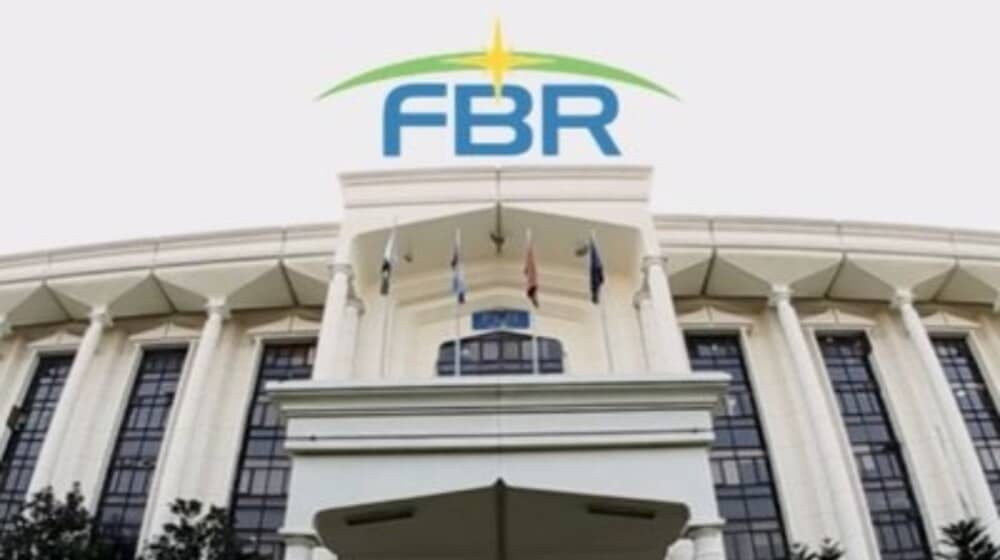Finance Minister Announces Major FBR Shake-Up to Tackle Tax Shortfalls and Improve Efficiency

Government Takes Action to Revamp Federal Board of Revenue
In a move aimed at boosting tax collection and streamlining operations, the Finance Minister has announced a significant overhaul of the Federal Board of Revenue (FBR). The decision, revealed following a meeting of the Cabinet Committee on Rightsizing of the Federal Government held at the Finance Division, signals a determined effort to address persistent tax shortfalls and improve the efficiency of Pakistan's primary revenue collection agency.
The meeting, chaired by the Federal Minister for Finance, focused on identifying areas within the FBR that require restructuring and modernization. Concerns over outdated processes, bureaucratic inefficiencies, and a perceived lack of transparency have long plagued the institution, hindering its ability to effectively collect taxes and contribute to the nation's economic stability.
Key Areas of Reform
While specific details of the overhaul are still being finalized, sources indicate that the reforms will likely encompass several key areas:
- Digitalization: A significant push to digitize processes and reduce reliance on manual paperwork to minimize errors and improve speed.
- Capacity Building: Investing in training and development programs for FBR staff to enhance their skills and expertise.
- Simplification of Tax Laws: Reviewing and simplifying tax laws to make them more understandable and easier to comply with, reducing opportunities for evasion.
- Enhanced Enforcement: Strengthening enforcement mechanisms to combat tax fraud and ensure compliance. This may include leveraging data analytics and intelligence gathering.
- Governance and Accountability: Introducing measures to improve governance and accountability within the FBR, ensuring transparency and reducing corruption.
Addressing the Economic Context
The timing of this announcement is particularly significant, given the current economic challenges facing Pakistan. The country is grappling with high inflation, a depreciating currency, and mounting debt. Increased tax revenue is seen as crucial to stabilizing the economy and meeting international financial obligations.
“We need to ensure that the FBR is operating at peak efficiency and that we are collecting all the taxes that are due,” stated the Finance Minister. “This overhaul is not just about restructuring; it’s about fundamentally changing the way the FBR operates to serve the best interests of the nation.”
Impact on Taxpayers
While the reforms are intended to benefit the country as a whole, taxpayers are likely to be keenly observing the changes. The simplification of tax laws and improved transparency are expected to create a more favorable environment for businesses and individuals, encouraging compliance and reducing the burden of bureaucracy. However, any strengthening of enforcement measures could also lead to increased scrutiny and stricter penalties for non-compliance.
Looking Ahead
The success of this FBR overhaul will depend on effective implementation and sustained commitment from the government. It is a complex undertaking that requires careful planning, coordination, and stakeholder engagement. However, if implemented successfully, it has the potential to transform the FBR into a more efficient, transparent, and accountable institution, contributing significantly to Pakistan's economic growth and stability. The government has pledged to provide regular updates on the progress of the reforms, ensuring public accountability and fostering confidence in the process. The focus now shifts to the detailed implementation plan and the timeline for achieving these ambitious goals.






